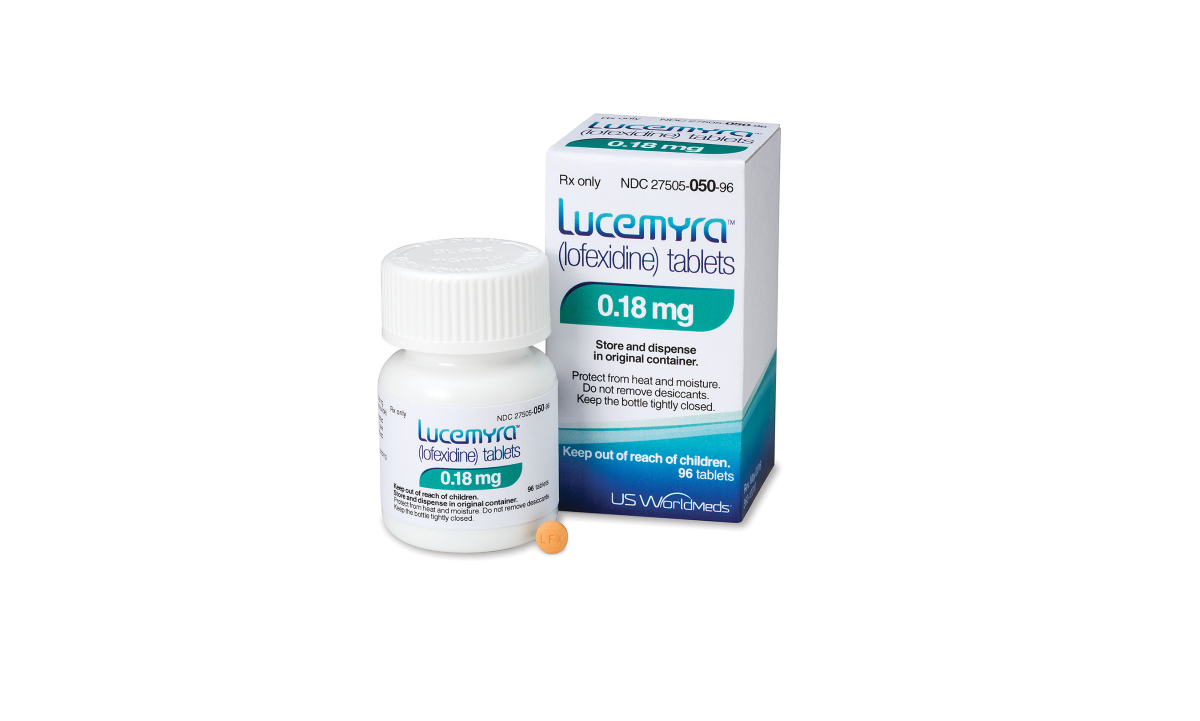
After 16 years of development, an alternative treatment for opioid withdrawal has hit the market. Lucemyra, developed by U.S. WorldMeds and co-promoted by Salix Pharmaceuticals, has a big task ahead to change the way addiction is treated.
The two companies are focusing their marketing efforts on healthcare professionals first. The co-promotion agreement gives U.S. WorldMeds access to Salix sales representatives who already have relationships with pain-management doctors through Salix’s opioid-induced constipation drug Relistor.
U.S. WorldMeds’ portfolio has drugs for Parkinson’s disease, cervical dystonia, and malignant hyperthermia, making Lucemyra its first venture into pain and addiction treatments.
“We’re a small specialty pharmaceutical company, and combining with Salix gave us a field presence of literally hundreds of people,” said U.S. WorldMeds COO Lee Warren. “What we’re doing is concentrating not only on the pain-management specialists, but psychiatrists who are focused on addiction medicine, addictionologists, as well as using [Salix’s] salesforce in primary care to ensure that primary-care physicians are educated on opioid-withdrawal syndrome.”
First up is making sure these doctors understand what Lucemyra is. The message focuses on Lucemyra as the “first FDA-approved” treatment for opioid-withdrawal symptoms. The second task is educating them about opioid-withdrawal syndrome with a focus on controlling symptoms.
For years, the treatment for withdrawal symptoms was tapering, gradually lowering the dose of opioids, or the off-label use of a generic blood-pressure drug that also lessened the symptoms of withdrawal.
“Our go-to-market approach is to make sure that they’re aware of this treatment, that it exists, because there’s not a viable solution on the market,” said Mark McKenna, president of Salix Pharmaceuticals. “The only solution that these providers have is tapering, and we bring to the market a novel solution that we know can help patients. So our marketing tactic is make sure that we lead with education to physicians.”
The companies have also developed patient-support programs. One is an app, called LUminate, to help patients remember to take their pills each day and manage withdrawal symptoms with tools like meditation, while other programs support patients with the cost of Lucemyra, which is about $1,700 per week.
The other facet of physician education is helping doctors understand patients addicted to opioids. The companies found that 57% of patients continue to use opioids to avoid withdrawal symptoms. Smaller percentages of patients said they continue using the drug for pain relief (23%) or to get high (14%), according to research from the companies.
Those statistics are front-and-center in Lucemyra’s marketing efforts, appearing prominently on the drug’s physician website. The patient website focuses on educating patients about withdrawal and how the treatment works, along with providing support.
“What’s interesting is that the number one reason why people do not discontinue use of them is due to the fear of withdrawal,” McKenna said. “You would think it’d be because they want to continue to get the high that they get from these opioids. That’s not the case. The majority of people that are on opioids that want to get off, the reason why they don’t is because of the withdrawal. It’s like the worst flu of your life having to get off opioids.”
Salix and U.S. WorldMeds are also reaching out to pharmacy retailers such as Wal-Mart to include Lucemyra in their addiction programs.
Lucemyra was licensed by U.S. WorldMeds from Britannia Pharmaceuticals in 2002. The drug was approved in May after undergoing an expedited review. Warren called the drug a “labor of love” after the years of development and approval.
“The opioid epidemic has reached levels that are unimaginable,” Warren said. “Our number one job to do with Lucemyra is education. This problem is so wide and so far reaching, to have something like [Lucemyra] in the physician’s toolbox is just key.”






